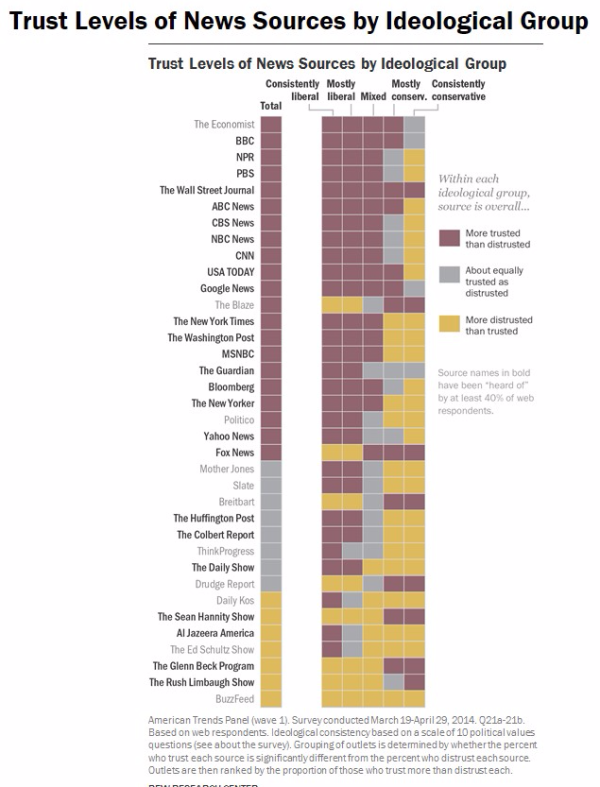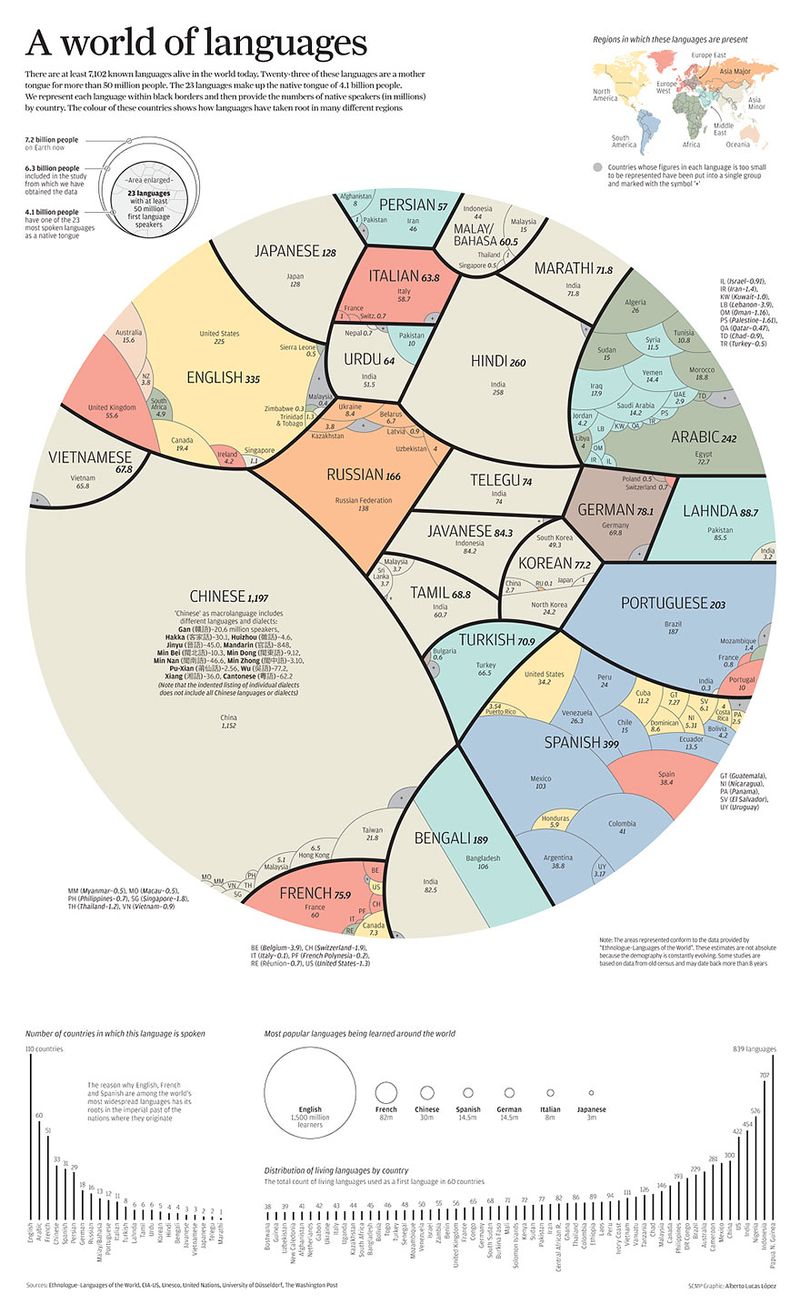I think about investments a lot … that makes sense given my profession.
Yet, as my kids get older, there is an investment I made that paid-off in a big way … and I want to share it with you.
Like many parents, I wanted to teach my children that, to a large extent, they control what happens to them. One of the first ways I did that was to set up a "compensation system" for them to earn video games.
Some parents try to limit the amount of time their kids spend watching TV or playing video games. I tried something different. Instead, my kids earned their games by reading books. Here is a photo from way back then.
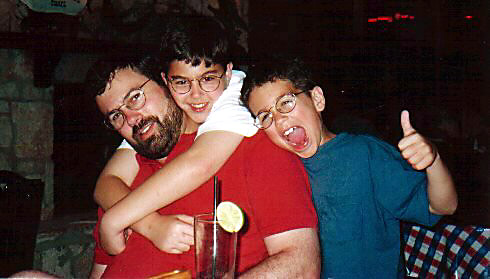
Paid With Play.
Here's how it worked. When they were younger, 10 books was enough to earn a small game. When they finished a book, it was their right, and my obligation, to take them to the bookstore for us to pick up the next book together. Likewise, when they finished the requisite number of books, it was their right, and my obligation, to take them to the computer store or game store for them to choose any game they wanted.
When they finished a hundred books, they got a bonus of earning the next game system. That meant if they had a Nintendo, they could now also get a PlayStation 3 or Xbox 360.
How Can You Encourage a Jump to the Next Level?
There came a point when I wanted one of my sons to start reading grown-up books. He was comfortable reading a certain type of book, and didn't want to read the kind of books that I read. So, I created a bonus system that counted a particular book as three books. I didn't force him; I just let the easier path to a reward "whisper" in his ear what to read. Once he finished that, he never went back to teen fiction.
It Is a Great Way to Learn About Your Kids.
I also used the bookstore visits to get a sense of how the boys were doing. For example, I might say "I notice that you read five books in that series, maybe you'd like this book". Or, "That sure is a lot of science fiction; what was the last biography you read?" For the most part, though, I didn't care what they read. The key was to get them to want to choose certain books for their own reasons. Ultimately, their preference meant they were learning to love reading.
It Puts Them In Control of Their Destiny and Rewards.
My younger son likes competition. He also broke or misplaced many things. So, in order to earn back the Game Boy unit that he lost, I challenged him to read five books in five days. These weren't easy books either. It was designed to stretch him, and also to teach him that he could read a book a night. The bet was that he either finished all the books in the allocated time, or none of them counted towards games or Game Boys. On the other hand, if he read a book a night for two weeks, not only would he get to have his Game Boy back, the books would count towards a game too. It worked like a charm, and we were both happy.
So, Who Got the Better Bargain?
As they started to get into their teenage years, I needed to up the ante a little. So, 500 books meant they got a laptop of their choice. Both boys cashed in … and probably felt like they were taking advantage of their dad.
I got what I wanted, though; both my boys love reading. And know that they can accomplish anything they put their minds to … one step at a time.
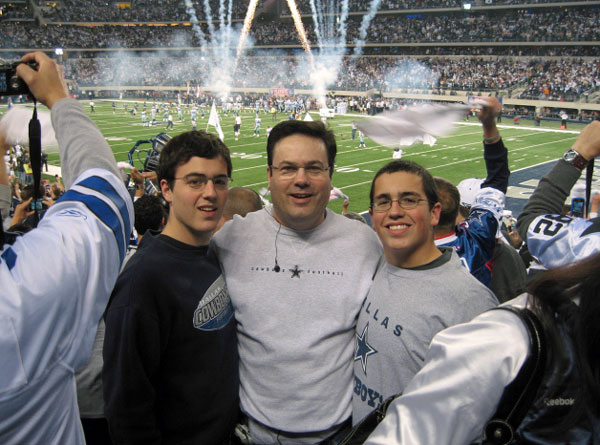
That's an investment that pays dividends for a long time.


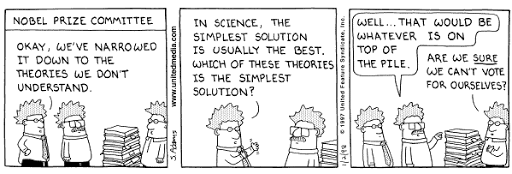
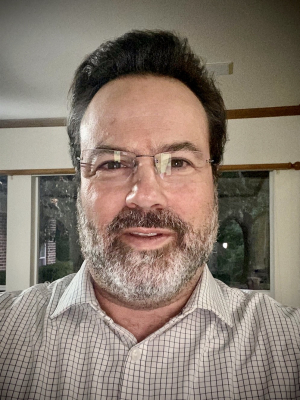

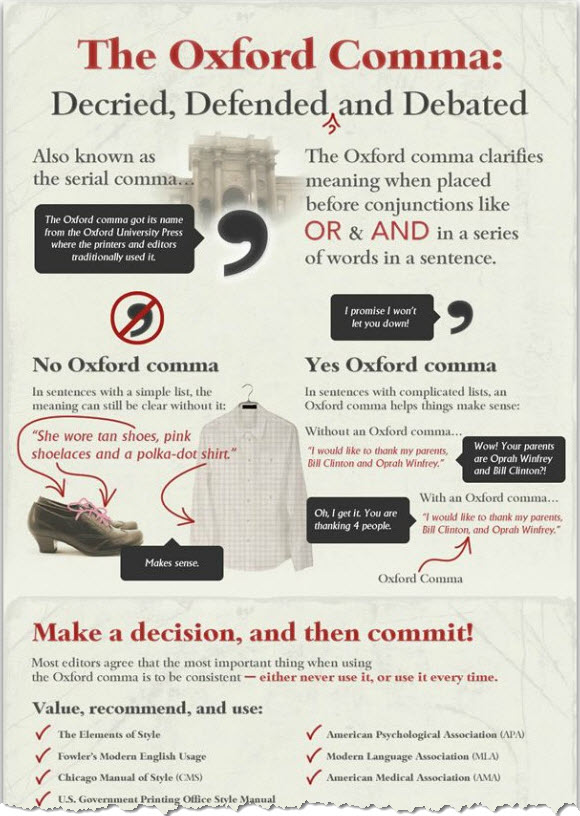
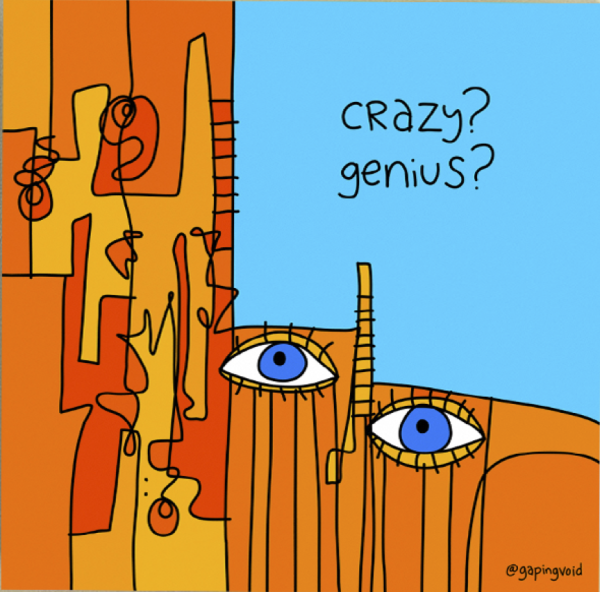



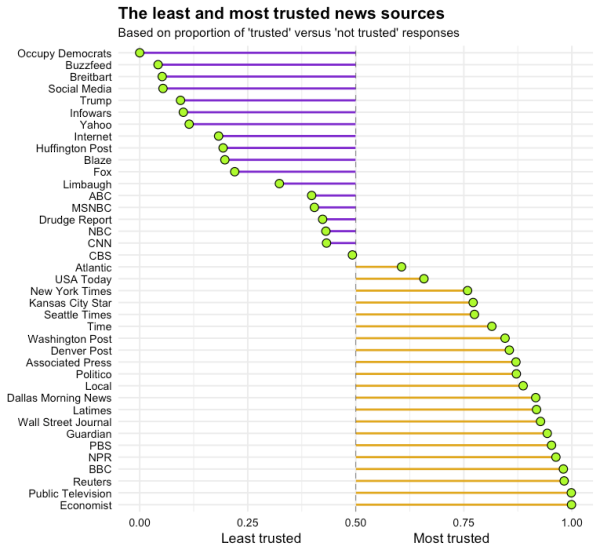 via
via 